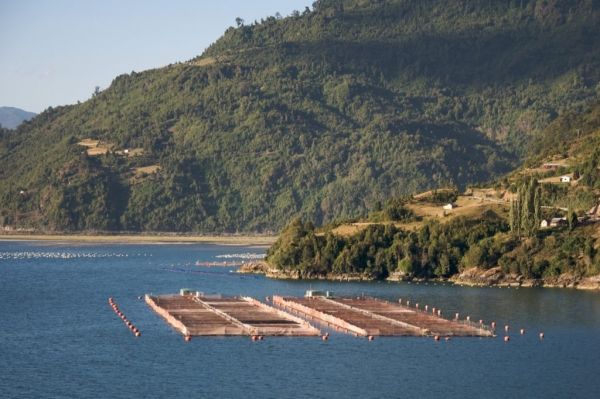The respiratory systems of Atlantic salmon function normally even when carrying large loads of piscine orthoreovirus (PRV), new UBC research has found.
“We didn’t find significant harm to the fish’s respiratory physiology despite the virus replicating to a load equal to, if not higher, than those seen naturally in wild or farmed fish” said Yangfan Zhang, a PhD student in UBC’s faculty of land and food systems and lead author of the study published today in Frontiers in Physiology.
PRV is present in nearly all farmed Atlantic salmon on Canada’s west coast, and various strains of PRV have been detected in many salmonid species around the world. Consequently, the results are a positive step in reducing the uncertainty about the potential of infected farmed Atlantic salmon in marine pens to negatively impact migrating wild Pacific salmon.
PRV replicates in the red blood cells that carry oxygen throughout salmon’s bodies, and is sometimes associated with cardiac inflammation. If a PRV infection were to compromise salmon’s respiratory fitness, fish could have trouble reaching their spawning grounds, a consequence that could be dire for a declining salmon population.
Continue reading at University of British Columbia.
Image via Flickr.


